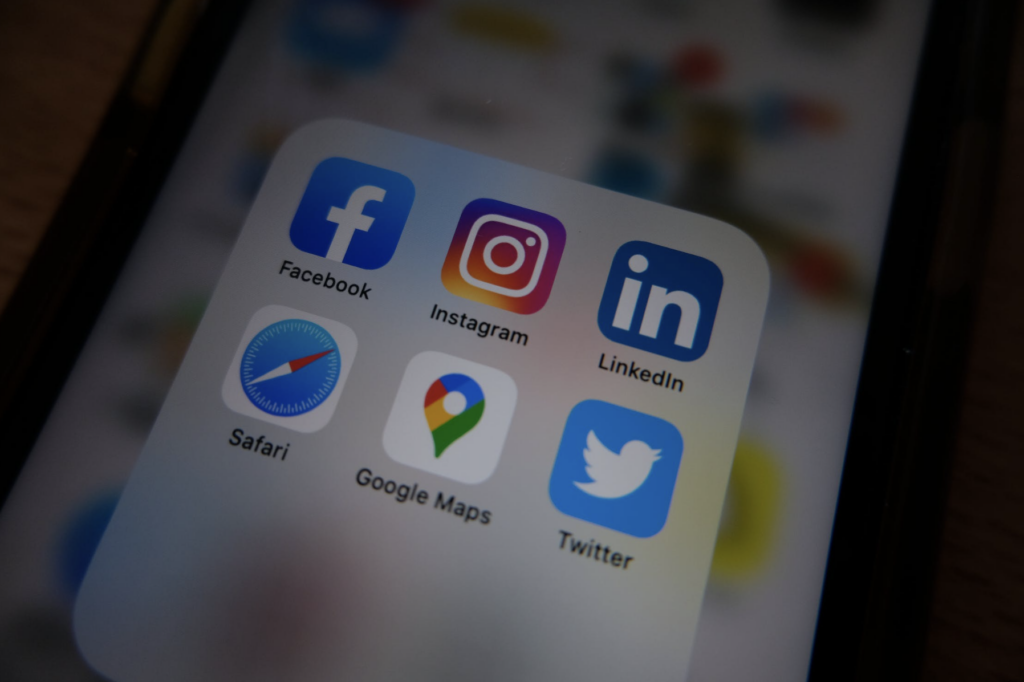What is Section 230? – The Internet and Free Expression
One of the reasons Americans love the internet is because it allows them to publish, share, and explore freely and without bounds. Not only do users find comfort in connecting with different communities online, but businesses and platforms thrive off of public discussion, opinions, and feedback. Capabilities such as these are due in part to Section 230 which aims to protect the platforms that harbor free speech.
Recently, as we see larger tech companies fall into disagreements with the U.S. government concerning the safety and legitimacy of their platforms, Section 230 is under fire. Lawmakers question whether Section 230 is beneficial for our individual liberties, or if social media companies should be held more responsible for the content on their platforms.
Origins of Section 230
Section 230 was enacted in 1996 as part of the Communications Decency Act. Historically, when bookstores and newsstands sold people’s work, they wouldn’t be held responsible for any illegal content in those works. The introduction of the internet—a catalyst for shares, reposts, and fast-spreading information—created a gray area between publishers and distributors. Section 230 set a precedent that would protect internet platforms from illegal content posted by their users, and allow for free expression across platforms.
The policy was generally accepted by the public, as many believed that government oversight on the internet would violate the American people’s first amendment rights to free speech. Furthermore, heavy platform moderation proved to be inefficient considering the number of internet users growing rapidly worldwide. The policy isn’t completely boundless, however, as illegal or harmful content is not protected under Section 230.
Section 230 Controversy Today
Despite the policy’s original intention to protect the safety and rights of the American people, lawmakers argue that the introduction of more advanced technology requires the policy to be updated.
For example, during the height of the COVID-19 pandemic, Google, Facebook, and Twitter faced pushback for the spread of misinformation on their platforms. The three CEOs appeared before a House panel in March 2021 to discuss the dangers of misinformation in regard to the pandemic, the Jan. 6th Capitol riot, and more.

Reforming Section 230 could make these companies more liable for the content posted by their users, and would require higher moderation and transparency. In their initial statements, Facebook CEO Mark Zuckerberg was in favor of reforming Section 230, while Twitter CEO Jack Dorsey and Google CEO Sundar Pichai defended the policy.
Zuckerburg agreed that the policy would “benefit from thoughtful changes to make it work better for people,” but also believed it impractical to expect social media companies to be able to accurately detect every piece of illegal content.
Meanwhile, Pichai argued that reforming the policy “would have unintended consequences” in harming the public’s free speech, and Dorsey predicted that no amount of reformations would be able to isolate the everchanging internet.
Section 230 Reformation Efforts
Nevertheless, there’s been a bipartisan push to hold companies accountable for dangerous and extreme content on their platforms. Sen. Mark Warner, D-Virginia, proposed the Safe Tech Act which would reprimand companies for any content that violates human rights, harassment, stalking, etc. Additionally, Sen. Brian Schatz, D-Hawaii, and Sen. John Thune, R-South Dakota, introduced the Pact Act which would give companies four days to remove content that was determined illegal.
Former President Trump also made efforts to reform Section 230. In May 2020, Trump issued an executive order that would narrow the scope of the policy’s legal protection. Trump claimed that large social media companies showed political bias in the content they promoted which, in turn, contributed to election results. Following Biden’s election, he pushed to completely abolish Section 230 and further investigate the companies’ illegal practices.
Section 230 Today
Similarly, President Joe Biden is pushing for the removal of Section 230, claiming it would allow for a safer online environment as well as expose the algorithms used by larger networks. While there is a bipartisan push for change, Democrats and Republicans are split on how it should be changed—Democrats believe that the change should stem from not enough content being removed, while Republicans believe that too much content is being removed.
Ultimately, change to Section 230 still has a long way to go. For now, lawmakers aim to gain support and focus on how this policy will be amended.









